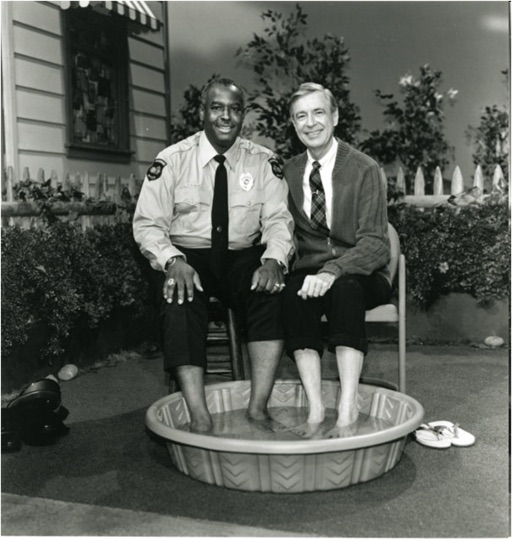My son is staying home from school today because he’s afraid he might get shot. Rumors are swirling about a group of kids talking, possibly even planning to bring guns to school. We’re told the authorities are involved. Who knows what’s real? My son says one of the supposed plotters doesn’t like him. He’s afraid he’ll be looking down the barrel of a shotgun or pistol or whatever else children can nowadays get their hands on regardless of their mental state.
I don’t know anything about that kid, and I doubt most of the rumors are true. But I know, you know, our children know: This is our world now. The world we’ve made for our children.
I say We because of the ripples we all of us create during our lifetimes. I’m thinking of the old neighbor who always welcomed me into his workshop while he tinkered, to ask all the questions I wanted. Of a woman on my street with a house full of books and no TV that I ever saw, who used to welcome me in, give me cookies, let me sit dropping crumbs all over her nice chairs, and talk with me. I have no recollection what either of these adults ever talked with me about. I only know that to this day I love to be in workshops and rooms full of books.

And I think as well about the people I’ve either wronged or been kind to, and how they went on to wrong or be kind to others, perhaps the momentary decision turning on how I treated them. And so on, and so on. Yes, this is the world we’ve made. Are making.
There’s a wonderful essay by the reporter portrayed in last year’s movie about Mister Rogers, A Beautiful Day in the Neighborhood. In it he ponders what Fred Rogers would have thought about school shooters:
“The easy answer is that it is impossible to know, because he was from a different world, one almost as alien to us now as our mob-driven world of performative slaughters would be to him. But actually, I think I do know, because when I met him, one of the early school shootings had just taken place, in West Paducah, Kentucky—eight students shot while they gathered in prayer. Though an indefatigably devout man, he did not attempt to characterize the shootings as an attack on the faithful; instead, he seized on the news that the 14-year-old shooter had gone to school telling his classmates that he was about to do something ‘really big,’ and he asked, ‘Oh, wouldn’t the world be a different place if he had said, “I’m going to do something really little tomorrow”?'”
He went on to devote a week of Mister Rogers’ Neighborhood to talking with children about how being little doesn’t mean unimportant. How they can do big things by first doing little things. He gave them hope that their lives matter, that everyone’s life can be a good one.
Which I suppose is true for any of us. It’s why we focus here on building up small fathering habits. Because of the ripples all around us. C.S. Lewis once wrote that everyone we meet is either an immortal horror or an everlasting splendor. And if you believe in ripples you understand that, intentionally or not, you play a part in which of these a person becomes.




